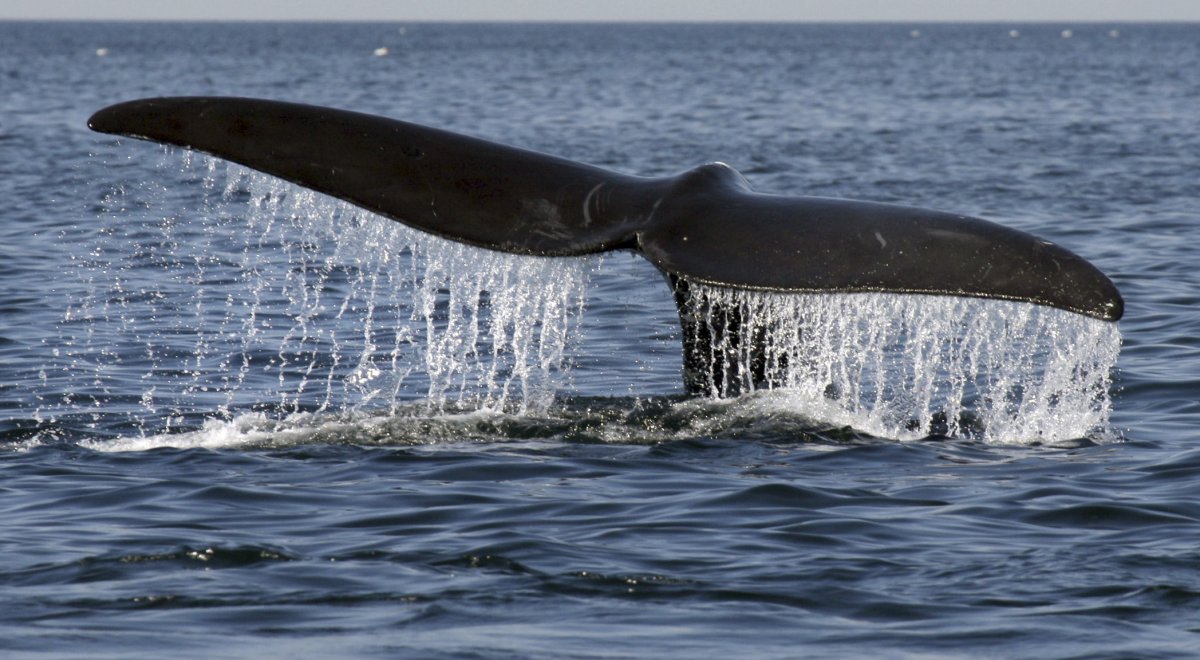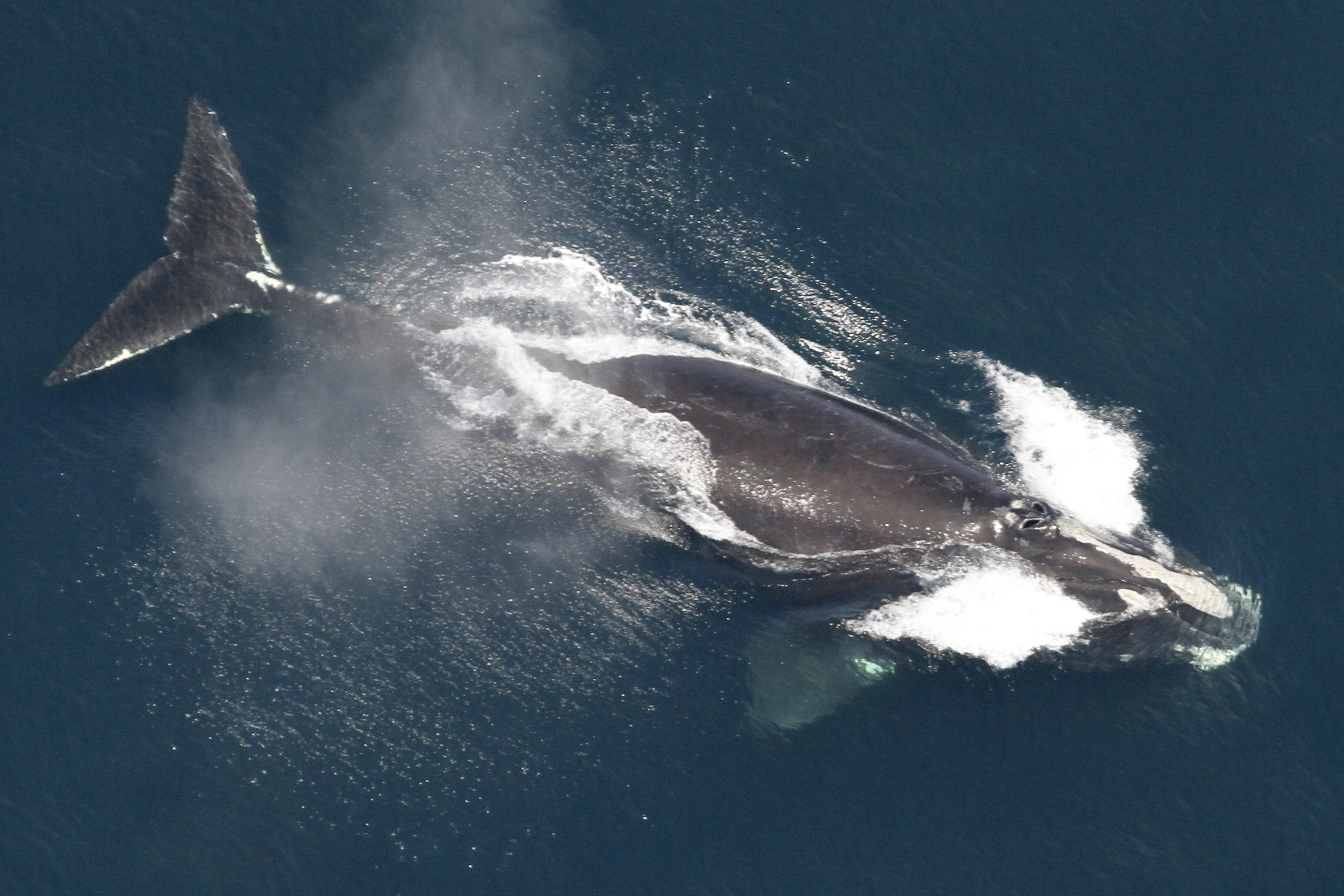The North Atlantic right whale, one of the world’s most endangered species, has seen a slight uptick in its population. Conservationists are now calling on the federal government, shipping, and fishing industries to enhance their efforts to protect these majestic giants.
Historically a common sight along the East Coast, these whales can weigh as much as 150,000 pounds (68,039 kg). However, their numbers plummeted in the 2010s, dropping to fewer than 360 individuals by the early 2020s—a staggering decline of about 25 percent.
Recent studies reveal that the population has rebounded to roughly 372 in 2023, marking a 4 percent rise since 2020. This glimmer of hope was highlighted by the North Atlantic Right Whale Consortium, a group of experts and industry stakeholders dedicated to the whales’ conservation.

Despite the slight increase, threats to their survival persist. Factors like climate change, vessel collisions, and entanglement in fishing gear continue to endanger the species. Heather Pettis of the New England Aquarium emphasized the need for ongoing recovery efforts, warning that a single challenging calving season could have severe repercussions.
While this year has seen a few more whale births compared to the last decade, the number of calves remains significantly lower than in the early 2000s. Tragically, 2023 has already recorded five confirmed right whale deaths and four missing calves—the highest mortality rate since 2019. Experts worry that these losses could translate to further population declines in 2024.

The primary causes for these deaths—chronic entanglements and ship strikes—highlight the urgent need for effective government intervention. Conservation groups emphasize the necessity for prompt implementation of new shipping and fishing regulations.
Gib Brogan, a campaign director at Oceana, reinforced the message, stating, “While an increase in population is promising, the fatalities are a stark reminder that we must protect these whales.”
Efforts to introduce new protective measures have not been without hurdles. In February, environmental organizations filed a lawsuit against the National Oceanic and Atmospheric Administration (NOAA) to enforce proposed ship speed regulations aimed at reducing fatal collisions. Furthermore, fishing groups have pushed back against proposed rules designed to minimize the risk of entanglement.
Every year, North Atlantic right whales travel from their calving grounds in Florida and Georgia to fertile feeding areas in New England and Canada. This migration has become more dangerous due to climate-induced changes in ocean conditions, pushing the whales away from safe zones in search of essential food sources.
This article contains additional reporting from The Associated Press.
